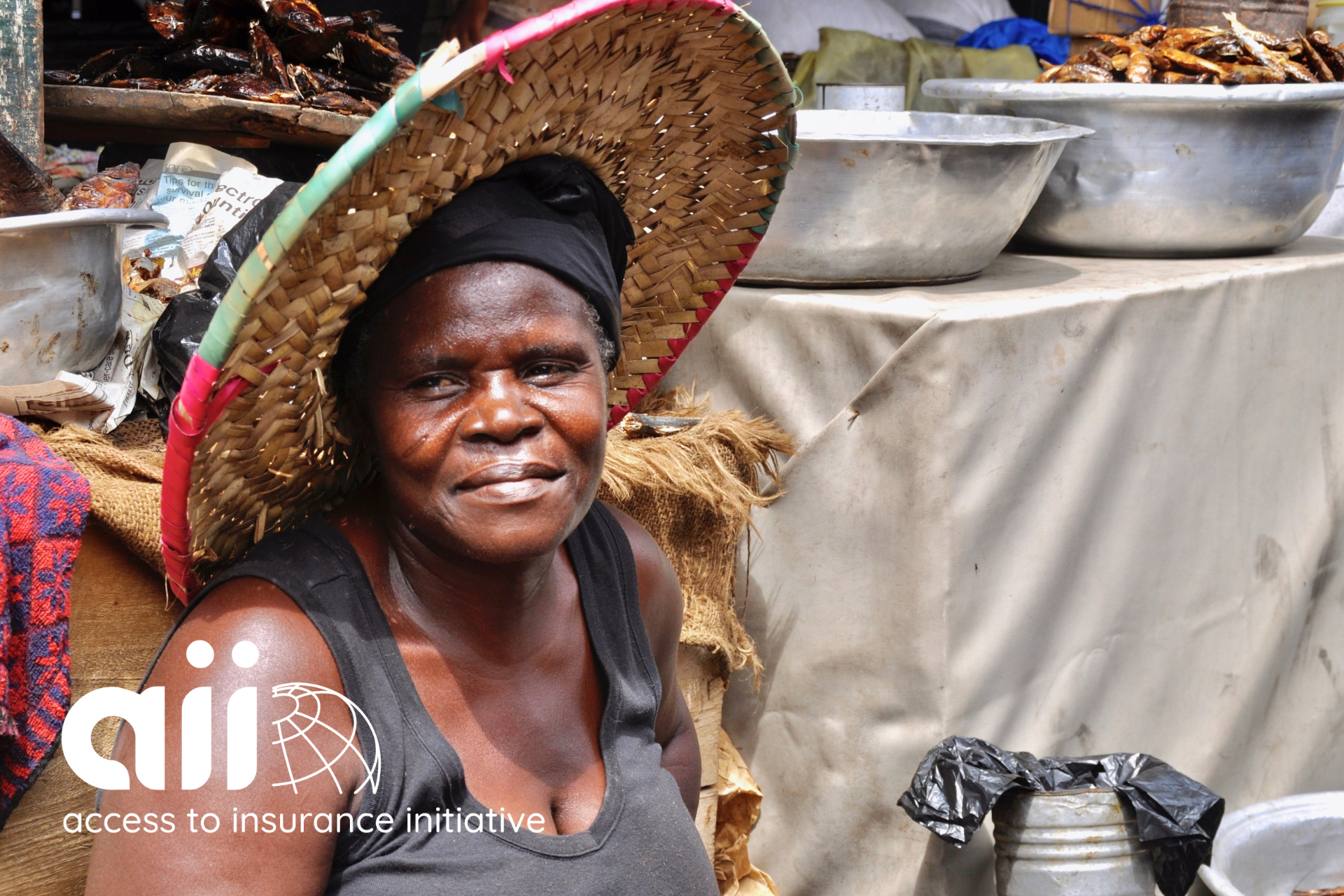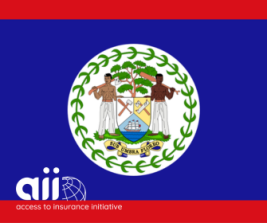How to insure unqualified or uninterested customers? Ask insurance supervisors in Belize and Ghana
How to insure unqualified or uninterested customers? Ask insurance supervisors in Belize and Ghana

This blog was originally published by Women's World Banking.
In a world of greater unpredictability and climate impacts, insurance can be a challenging product to deploy. Forward-thinking regulators, policymakers, and supervisors are changing their tactics, ensuring insurance can be a tool for inclusion. In a recent event bringing together alumni from Women’s World Banking’s Leadership and Diversity Program for Regulators (LDR), forward-thinking government institutions shared how they are approaching inclusive insurance. The session was sponsored and co-hosted by the Centre of Excellence on Gender-Smart Solutions, an initiative under the Global Shield against Climate Risks, and Access to Insurance Initiative (A2ii).
Amongst the attendees, the Office of the Supervisor of Insurance and Private Pension, Belize, and the National Insurance Commission, Ghana, are thinking differently about insurance for low-income and unqualified customers. Both institutions also participated in LDR in 2019.
Insurance for the Un-Insurable in Belize
As part of their participation in LDR, the Office of the Supervisor of Insurance and Private Pension, Belize, developed a policy that would provide access to insurance for the ‘uninsurable’. In Belize, populations like farmers and fishers are likely to experience property loss, but do not qualify for insurance. New inclusion of microinsurance into Belize’s New Insurance Act, published in October 2023, support previously uninsurable target beneficiaries in obtaining crucial coverage.
As part of the LDR curriculum, the alumni learned the importance of building baseline data. Baseline data provides a way to measure their efforts and increases policymakers’ understanding of the consumers their policy initiative targets, which, in this instance, includes the risks they are working to insure consumers against.
The pair are currently collating sex-disaggregated data on fishers and farmers and gathering data on rainfall to understand the potential climate risks. In addition to using the data for the policy itself, they will make this data accessible to insurance companies to support the private sector in creating the right products.
They explained that their next step will be a focus on financial literacy of their target audience. Financial literacy will ensure that they understand the risks they face, how insurance can help, and how to identify the right product.
Increasing Uptake of Insurance in Ghana
In Ghana, the National Insurance Commission has successfully implemented a policy to increase financial capability among low-income populations of Ghana to build access to and use of insurance products. Simultaneously, the institution is working with the insurance sector to create relevant products.
The focus was on serving micro and small-sized businesses, which form a significant proportion of the Ghanaian economy and are predominantly owned and operated by women. Although these businesses are flexible in adapting to customer needs and catering to the needs of the poor, they are unable to withstand risks associated with adverse economic conditions.
The policy they developed increased the availability and uptake of suitably designed insurance products through micro-insurance clinics, where they would facilitate capacity building and gather data.
Another key part of the LDR curriculum is the importance of mapping key stakeholders and planning communications. The Ghanaian institution had strong stakeholder mapping and communications, ensuring the success of their policy. They took the time to align and collaborated with several parties who would be directly involved in the project, including insurance companies, technical service providers, Insurtech’s, mobile money providers, the National Communication Authority, and the National Health and Insurance Authority.
This policy has been a success, and the clinics are still running annually. Every year, the research team looks at what information is needed from their target audience and then conducts clinics based on their focus. They now issue journals to share what they have learned back with the insurance sector based on the surveys and feedback received.
The Value of Sharing Best Practices
Following this conversation, the National Insurance Commission (NIC) of Ghana engaged with the Supervisor of Insurance and Private Pension teams in Belize. They detailed their journey in establishing insurance clinics, highlighting the challenges they faced, the pitfalls they encountered, and the valuable lessons they learned. Such exchanges are invaluable, as learning from those who have already navigated a similar path can save time, conserve resources, and exponentially accelerate progress. By leveraging the insights and experiences of others, our program participants avoid common mistakes, implement best practices, and foster innovation in their own initiatives. This collaborative approach not only enhances efficiency but also builds a network of shared knowledge and support. It’s a powerful reminder that progress is often best achieved not in isolation, but through collective wisdom and cooperation. Whether setting up new systems or improving existing ones, the lessons from those who have been there before can be the catalyst for success and sustainability.
Throughout LDR we take every opportunity to connect our cohorts as we know the wealth of experience and knowledge our participants have between them and how much commonality can be found in the work towards women’s financial inclusion. Our participants often comment that this exposure is an invaluable part of LDR and just one of the ingredients in supporting their growth and development as a leader and as a changemaker.
About LDR
The Leadership & Diversity Program for Regulators, an annual program running since 2019, is designed and delivered by Women’s World Banking and Oxford University’s Said Business School. It works to equip senior officials and high-potential women leaders from central banks, insurance commissions and other regulatory and policymaking institutions in emerging markets with the knowledge to design gender-inclusive policy, leadership skills to drive and implement policy, and supports the senior official participant in sponsoring the selected high-potential women leader, who completes a track of leadership development, building a pipeline of gender diverse talent. During the program, participants are supported in designing and planning the implementation of a gender-inclusive policy via our Inclusive Policy Design Framework.
For several years, A2ii has provided scholarships for attendees. For more insights from the Belize alumni, read this blog.

Share this article
Also in Blog

Authors
Posts by Author
Topics Cloud
Subscribe to our list
Receive notifications when we publish new blog entries
Subscribe here


